Nutriset Group, with its mandate Fight against malnutrition, its commitment to support vulnerable populations, and its family-owned business model, has naturally embodied a responsible, sustainable, and positive approach since its creation in 1986, in driving its activities in France and all the countries where it operates.
Within the Group, we believe that a company’s purpose is not only to generate profits: the company must be useful to society and meet a material need (what it does), be responsible towards its ecosystem (how it does it), and contribute to the common good.
Thus, our societal commitment is part of a systemic approach where impacts, actors, and mechanisms specific to our ecosystem are taken into account and integrated.
And this is what drives us every day.
Climate change being as one of the major factors of food insecurity and the increase in poverty of the most vulnerable populations, the Group’s Board of Directors approved at the end of 2022 the integration of the fight against climate change into our mandate Fight against malnutrition. Committed for about fifteen years to reducing our environmental footprint, we are currently developing a decarbonisation trajectory aligned with the Paris Agreement.
To formalise our commitment, we joined the United Nations Global Compact in 2020. As the largest international CSR initiative, the Global Compact provides a universal and voluntary framework for engagement, structured around 10 fundamental principles focusing on 4 themes
Human rights
International labour standards
Environment
Anti-corruption
In direct connection with the 2030 Agenda and the United Nations Sustainable Development Goals, the Global Compact invites its signatories to communicate annually and transparently about their progress on these themes
As early as 2017, the Global Nutrition Report established the key role that nutrition plays in achieving the 17 Sustainable Development Goals (SDGs). All of the SDGs can be brought together into five areas for development which nutrition can contribute to, and in turn, benefit from:
Concretely, we directly contribute to:
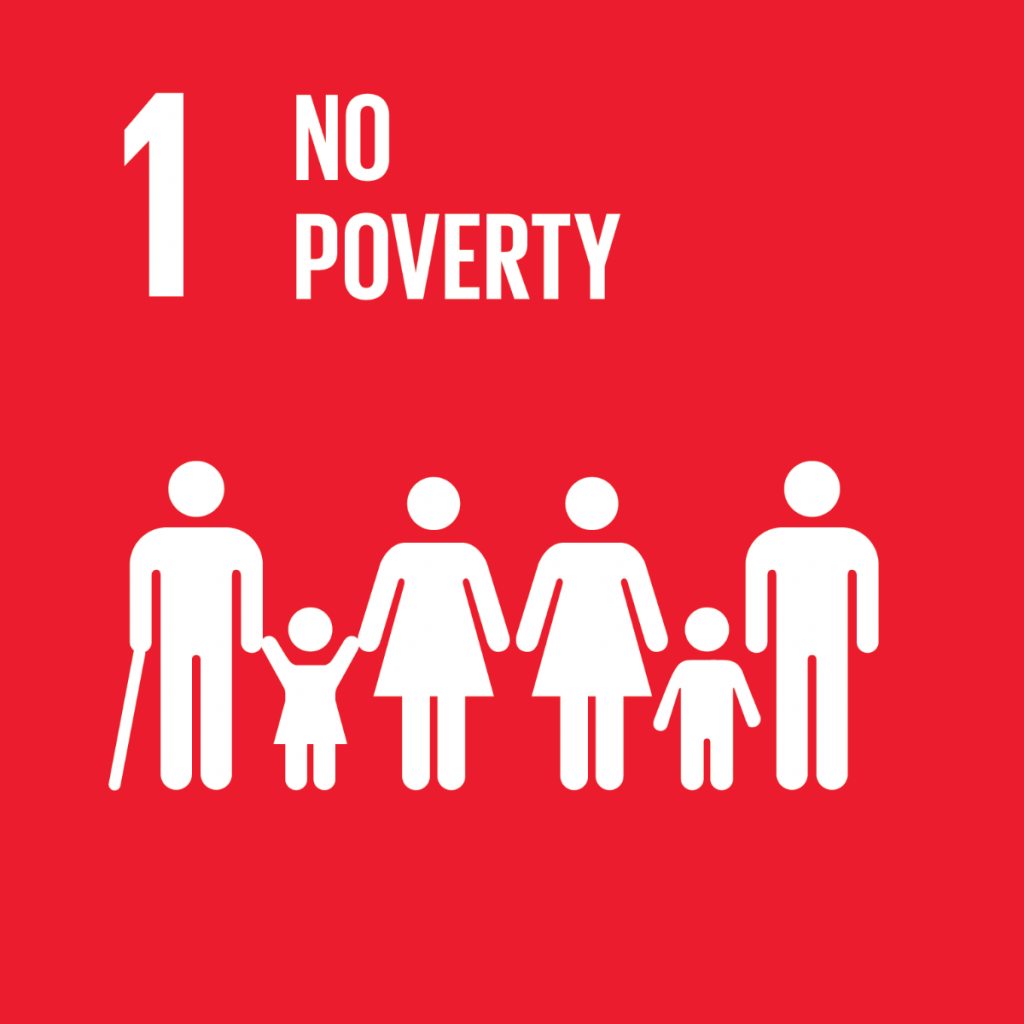
Our goals:
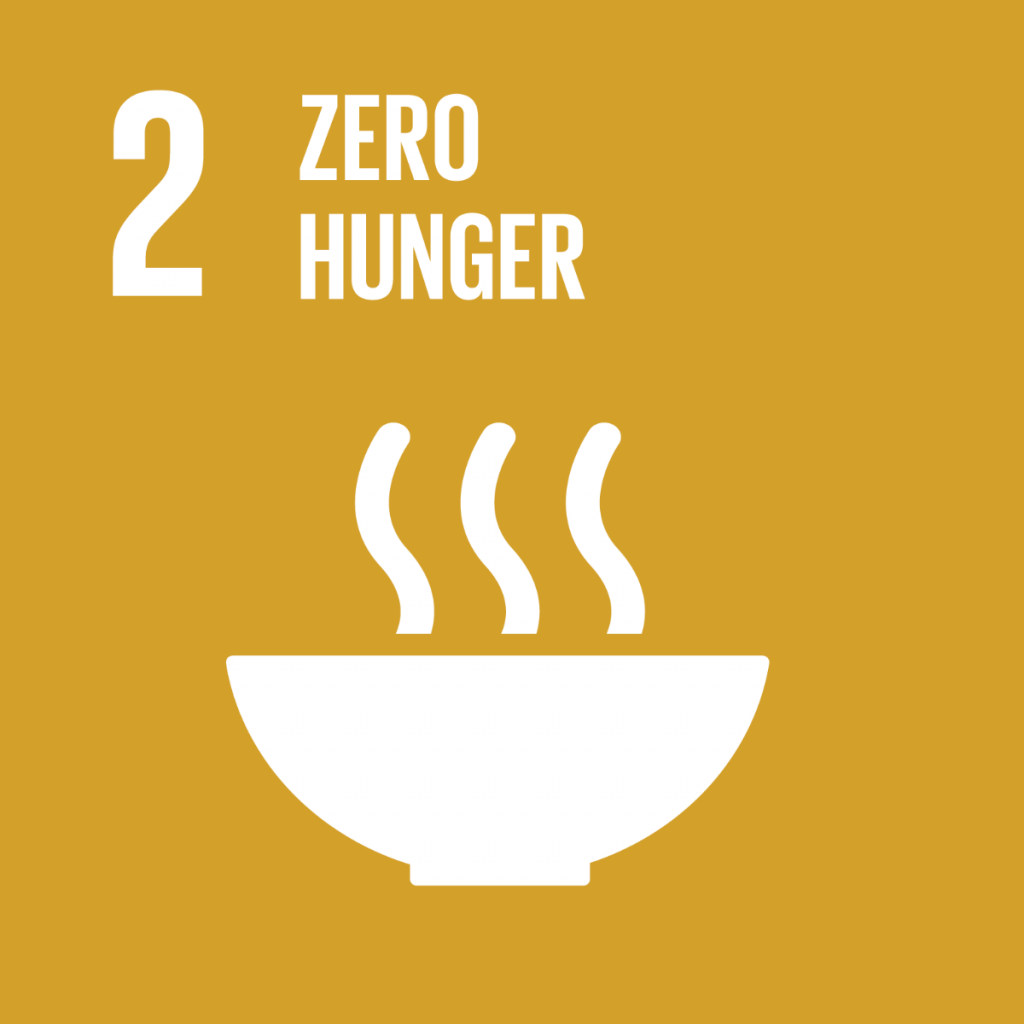
Our goals:
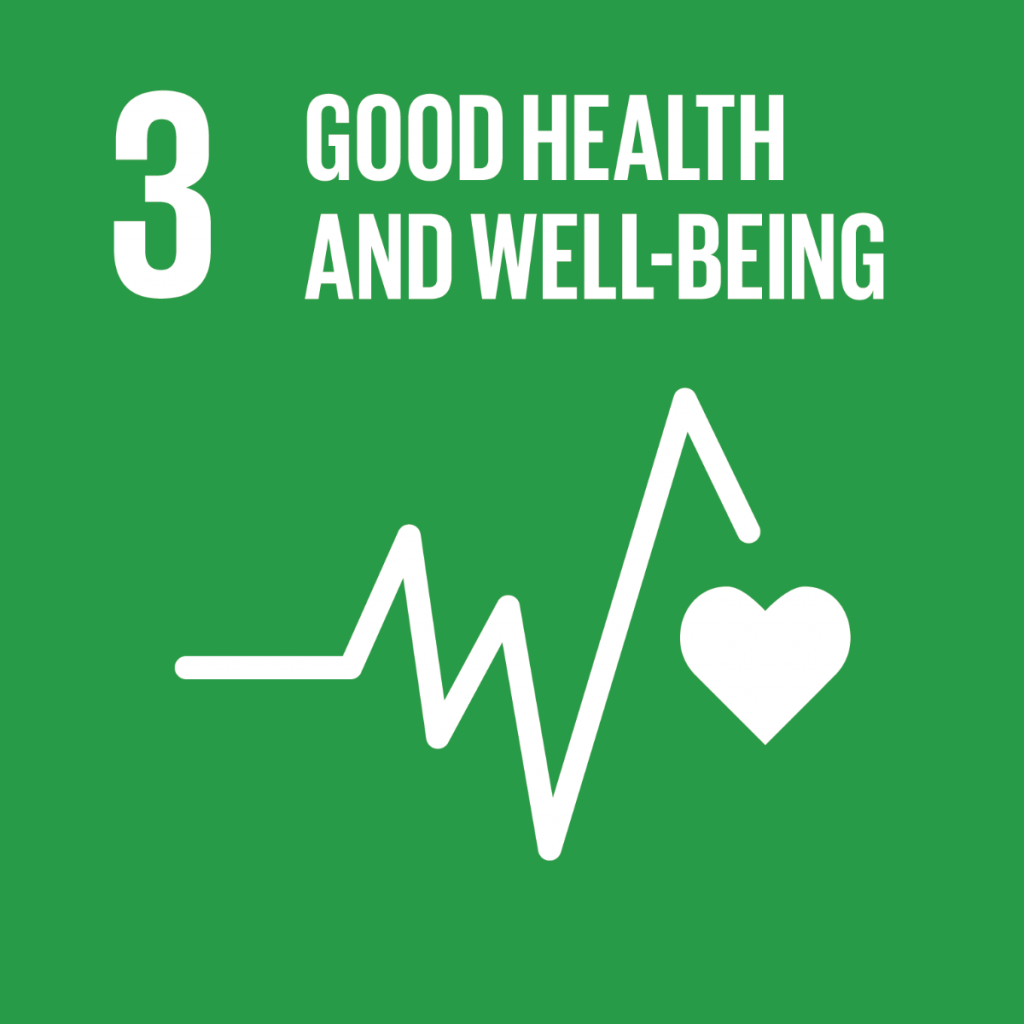
Our goals:
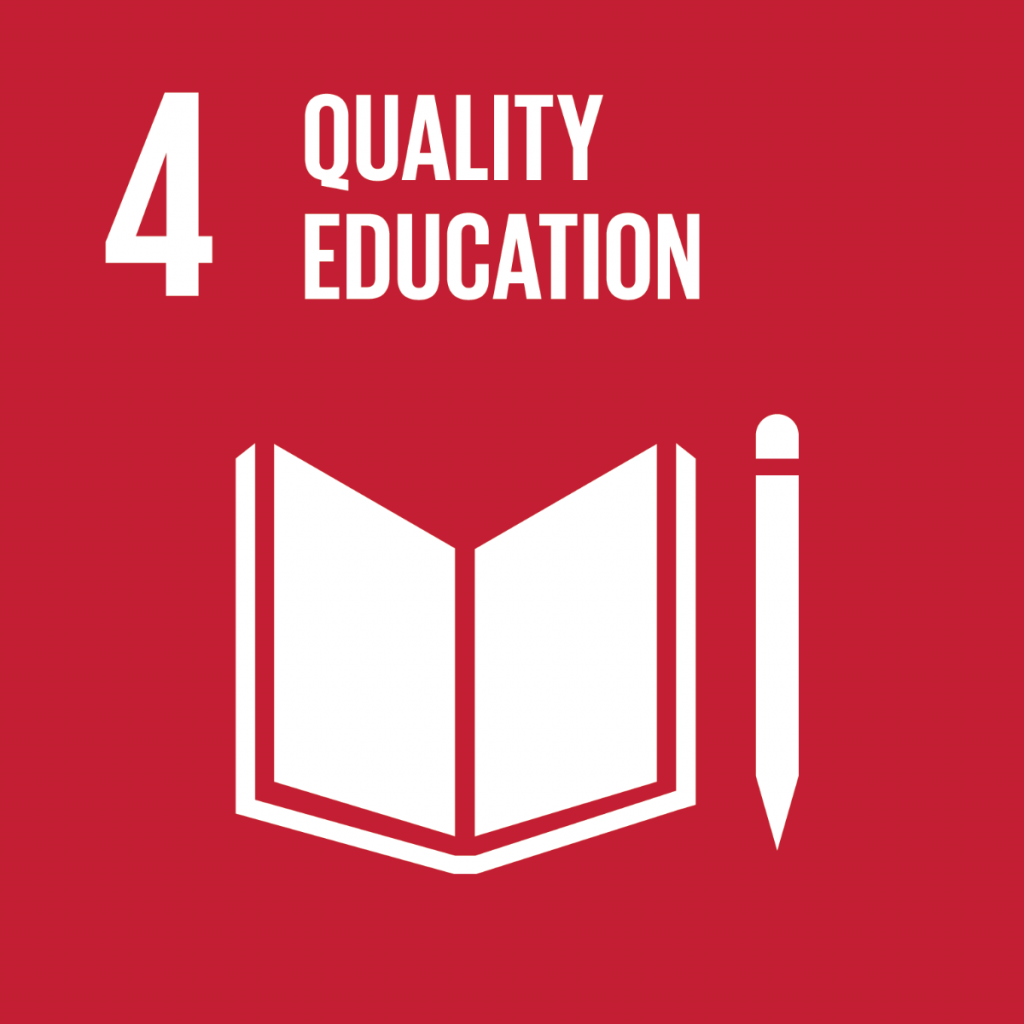
Our goals:
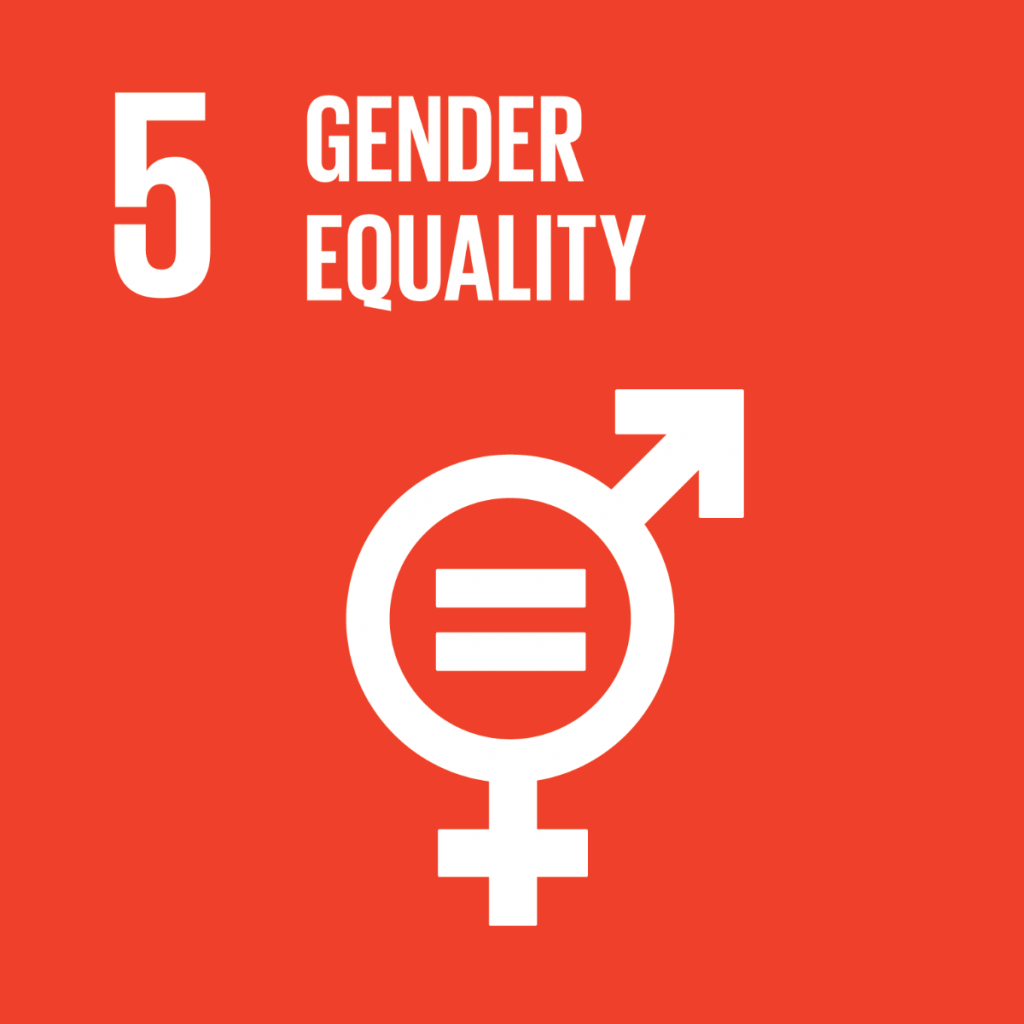
Our goals:
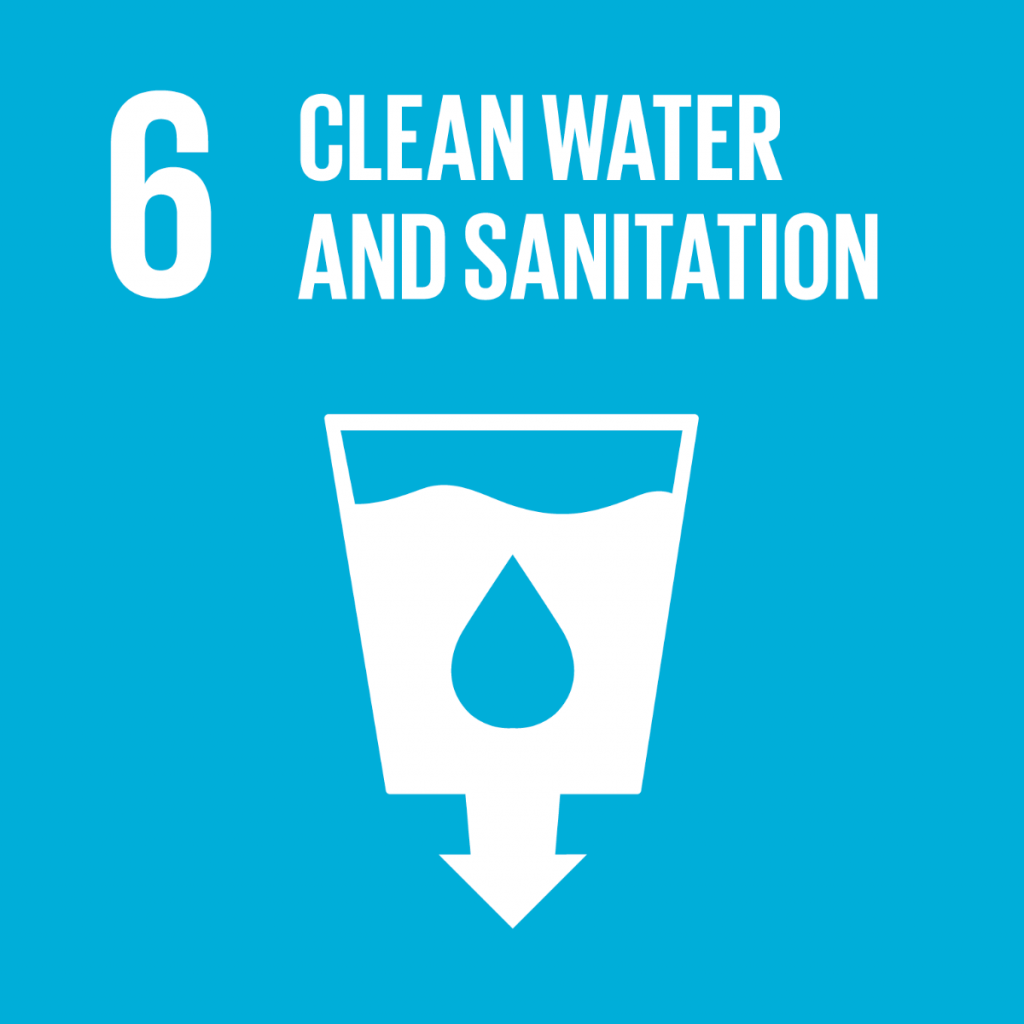
Our goals:
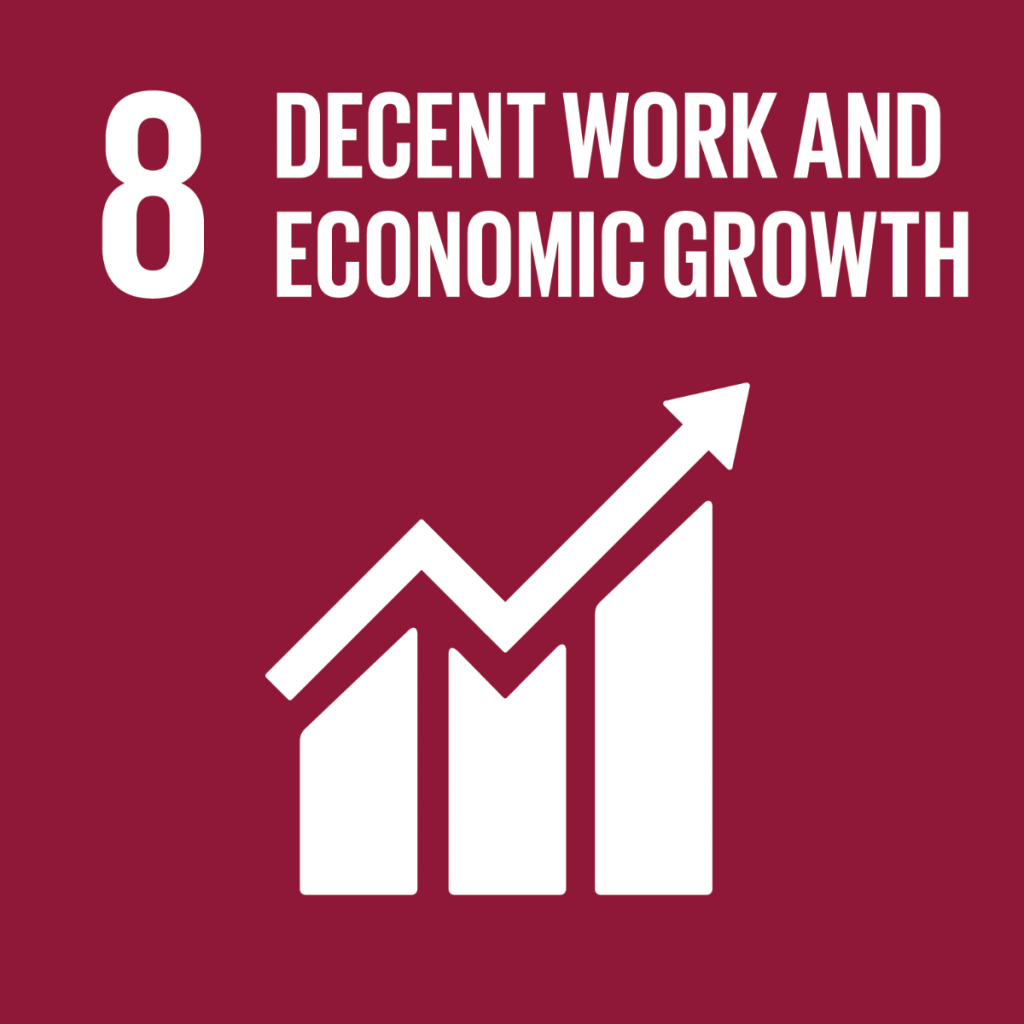
Our goals:
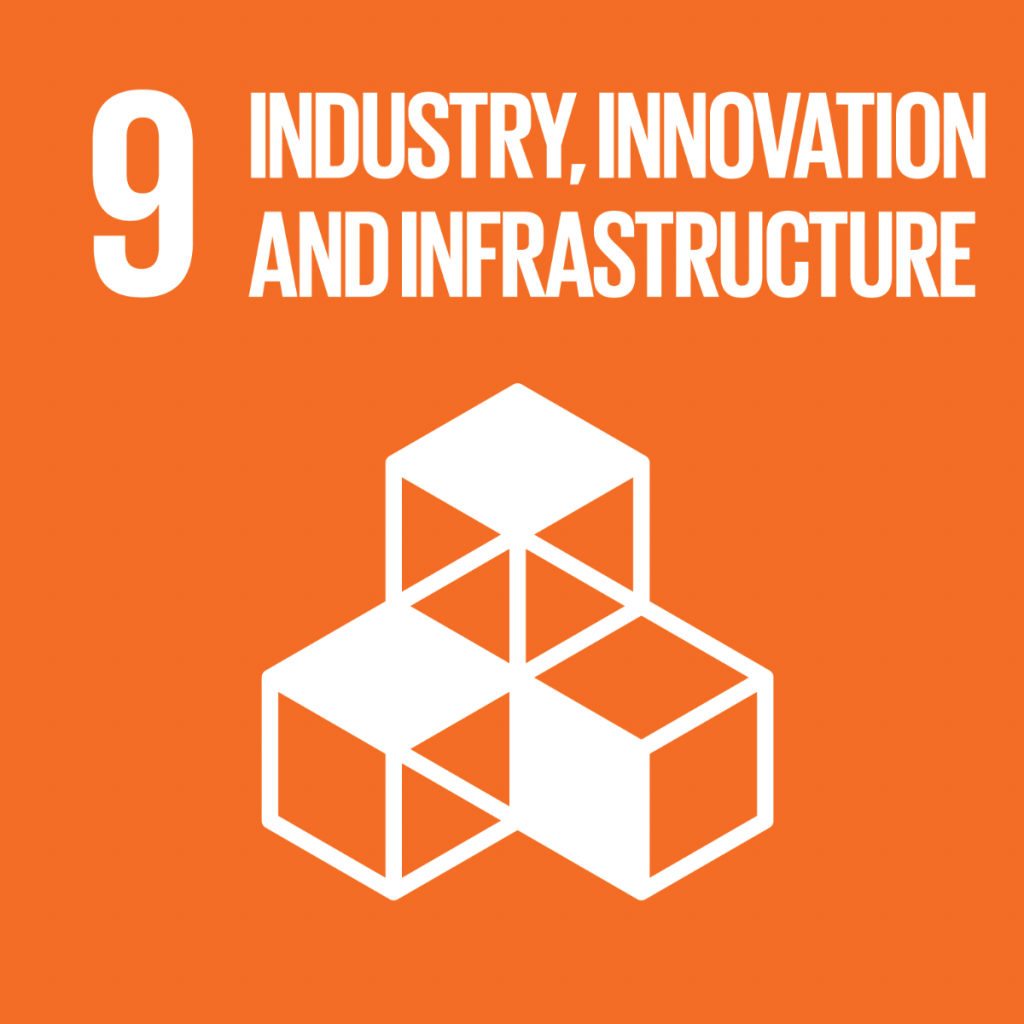
Our goals:
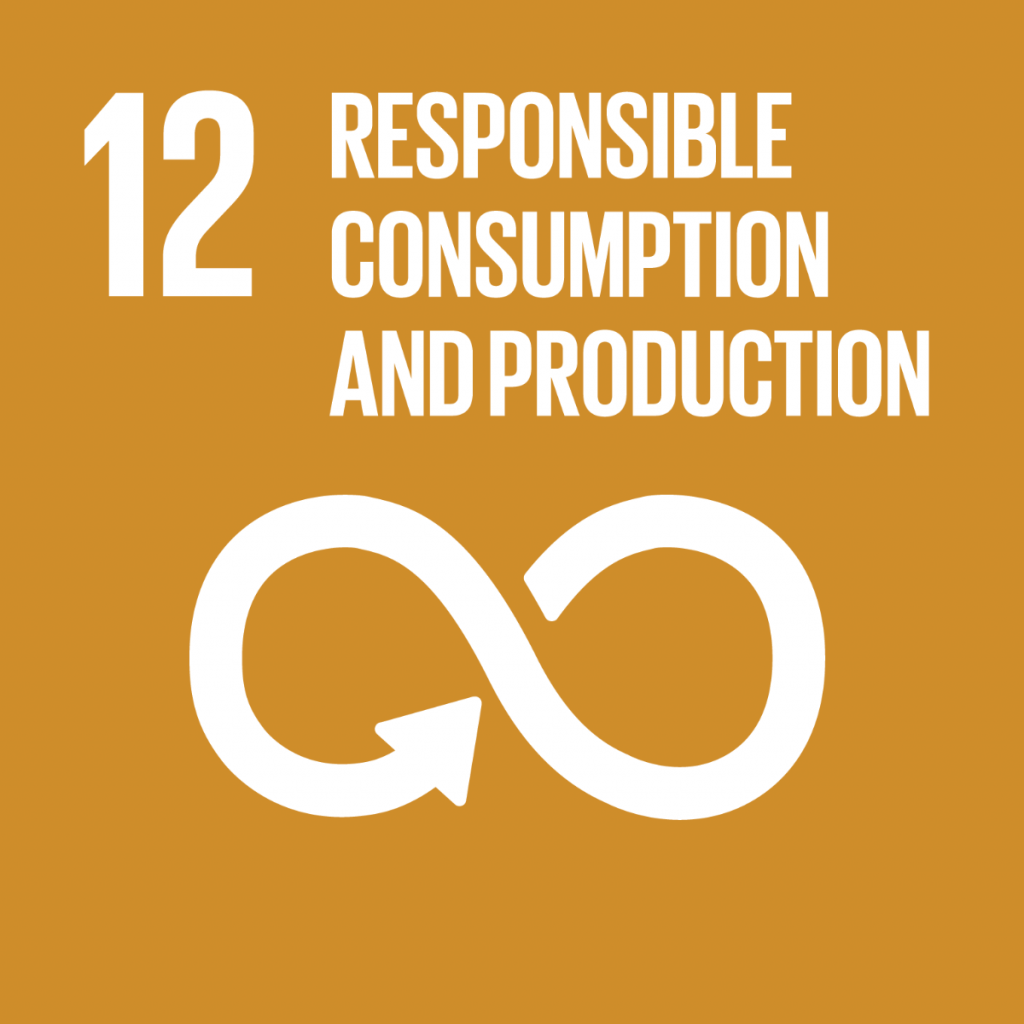
Our goals:
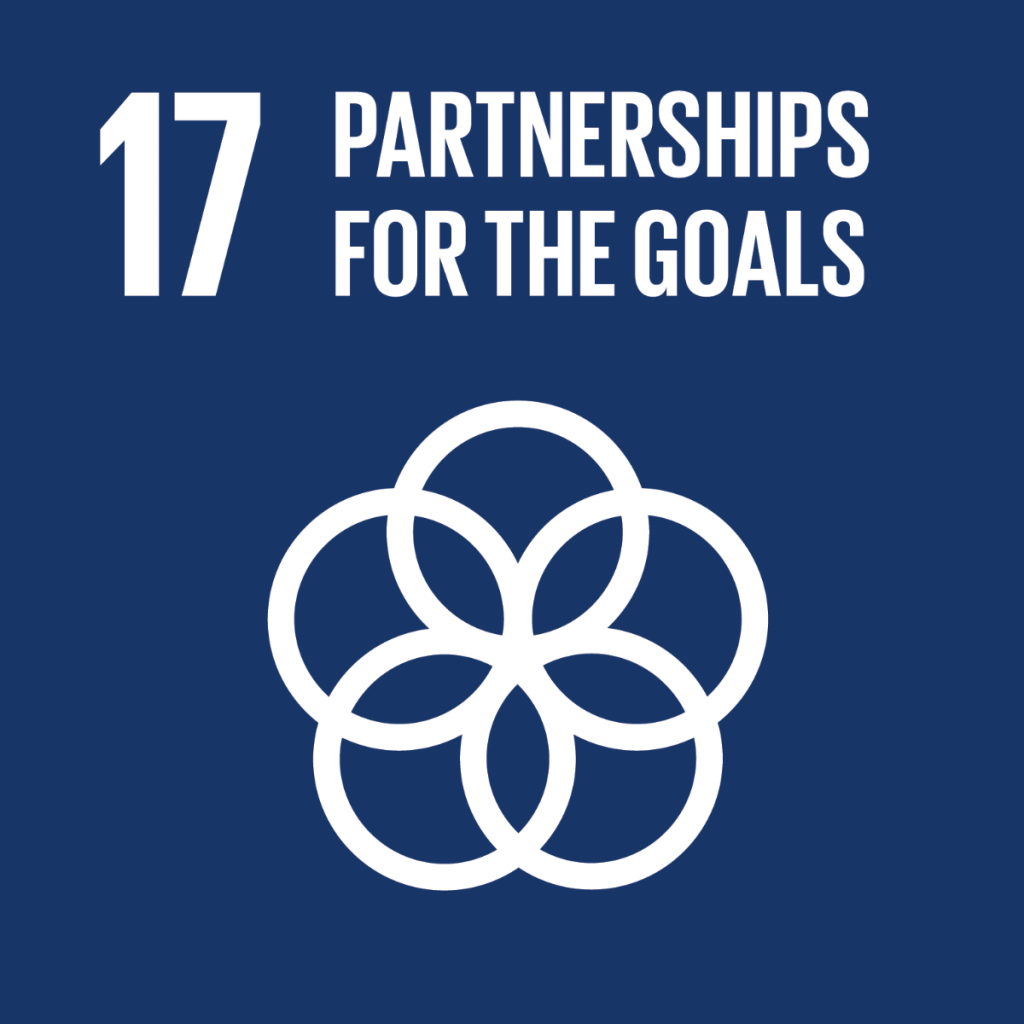
Our goals:
The SDGs allow us to participate in building
a fairer and more resilient world.
Thus, by implementing our mandate Fight against malnutrition, we are contributing modestly but directly to achieving all these goals.
Thanks to the established links with good nutrition for all, the impact of our actions becomes tangible; the SDGs are also an important advocacy tool to raise he voice of nutrition to authorities and our stakeholders